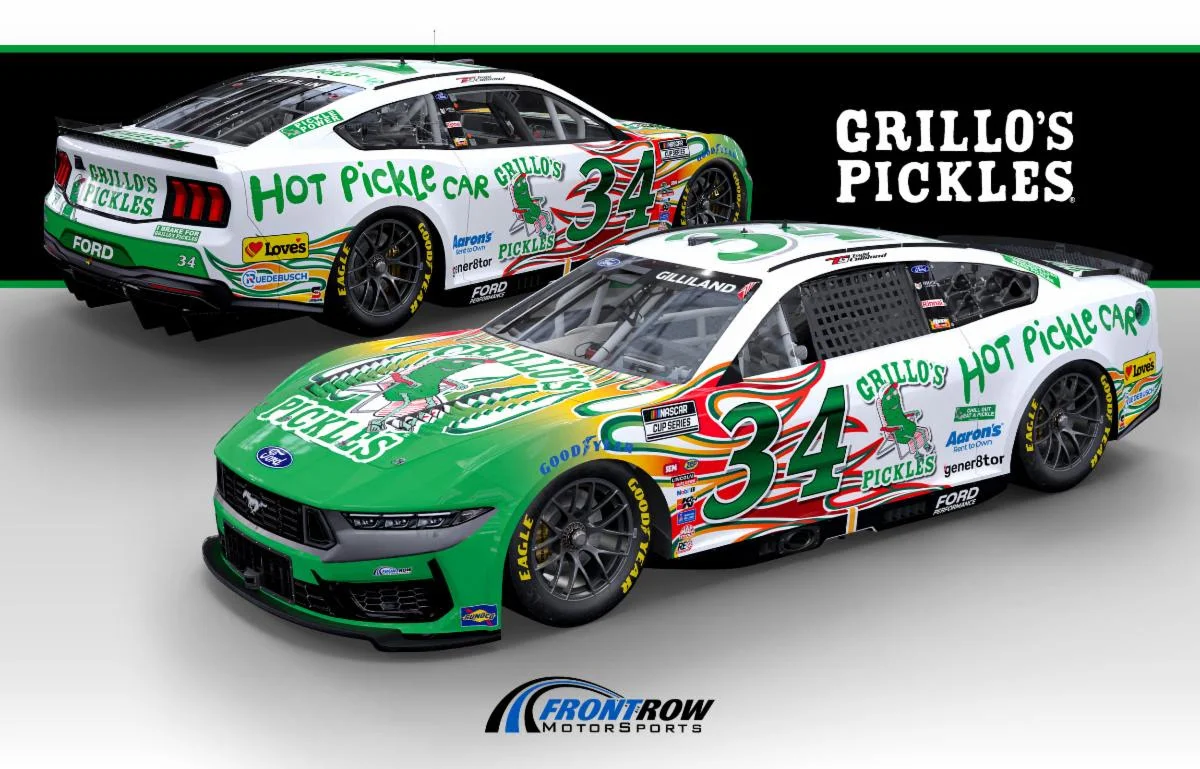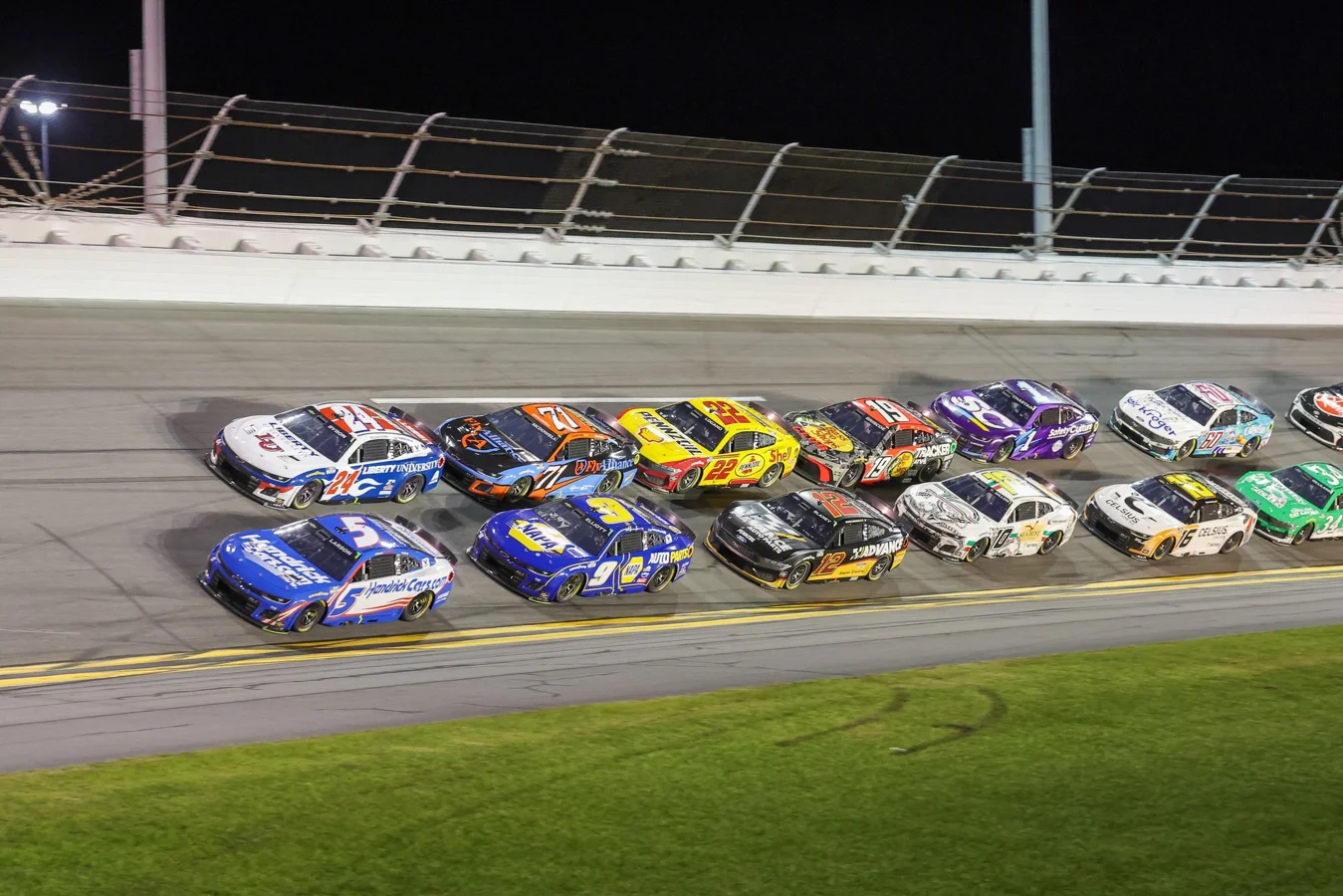The Front Row Motorsports NASCAR charter crisis has thrown the future of two Cup Series teams—Front Row Motorsports and Michael Jordan’s 23XI Racing—into uncertainty as both threaten to shut down after the 2025 season over charter allocations. The dispute, sparked by NASCAR’s recent plan to reassign charters, has escalated into legal action and raised questions about the stability of the franchise model in stock car racing.
Charter Agreement Rejection Deepens Conflict
A longstanding disagreement over NASCAR’s charter system grew more severe when 13 of 15 Cup Series teams agreed to a new deal for 2025-2031, while Front Row Motorsports and 23XI Racing rejected what they described as “take-it-or-leave” offers. These charters guarantee participation in all Cup events and provide essential prize money, meaning their loss could cost teams millions over a single season.
The deal was finalized just two days ahead of the playoff opener at Atlanta Motor Speedway, increasing pressure on teams to sign with little time to negotiate. An executive addressing the process said,
“We have all the leverage, the teams almost have [to] sign whatever terms we put in front of them.”
—Executive
Financial and Competitive Risks for Front Row Motorsports
Operating since 2005 under businessman Bob Jenkins, Front Row Motorsports is one of NASCAR’s more modestly funded organizations, estimated at about $30 million in value as of 2020 with around 60 employees. The team is known for resourceful competition, working with equipment sourced from top ford/”>Ford-affiliated teams such as Team Penske, previously collaborating with RFK Racing.

The distinction between charter and open teams is critical, as the latter rely solely on race results for earnings and face genuine financial peril without guaranteed payments. For smaller teams like Front Row Motorsports, losing a charter removes vital financial support and threatens their ability to participate at the Cup level.
Legal Action and Mounting Uncertainty
Feeling pushed out by NASCAR’s stance, Front Row Motorsports and 23XI Racing—backed by Michael Jordan and driver Tyler Reddick—filed suit in federal court, directly targeting NASCAR and CEO Jim France for allegedly monopolistic practices. A judge originally granted a court order in December 2024 permitting both teams to race as charter franchises while litigation continued. However, in July 2025, the appeals court overturned this order, leaving both teams to race as open entries through the rest of the year.
Tensions reached new heights in an August 28, 2025 court hearing, where the teams presented what they described as crucial evidence: internal NASCAR communications that spoke about the threat of competitive entries and using leverage to force the charter deal terms.
The Human and Competitive Cost Emerges
The fallout of this high-stakes disagreement is being felt beyond the boardrooms. Tyler Reddick, the 2024 regular season champion with 23XI Racing, faces contract uncertainty due to a clause allowing free agency if his team loses charter status. Legal filings reveal that Reddick has already issued a breach of contract notice, and race sponsors are withdrawing amid the turmoil.
What Could Happen Next
The trial, scheduled to begin December 1, 2025, presents a pivotal moment that could completely reshape NASCAR’s franchise system, the role of teams like Front Row Motorsports and 23XI Racing, and the financial foundations of the Cup Series. With sponsors, racers, and the broader NASCAR community watching closely, the outcome of the Front Row Motorsports NASCAR charter crisis will influence the business and competitive landscape of the sport for years to come.
